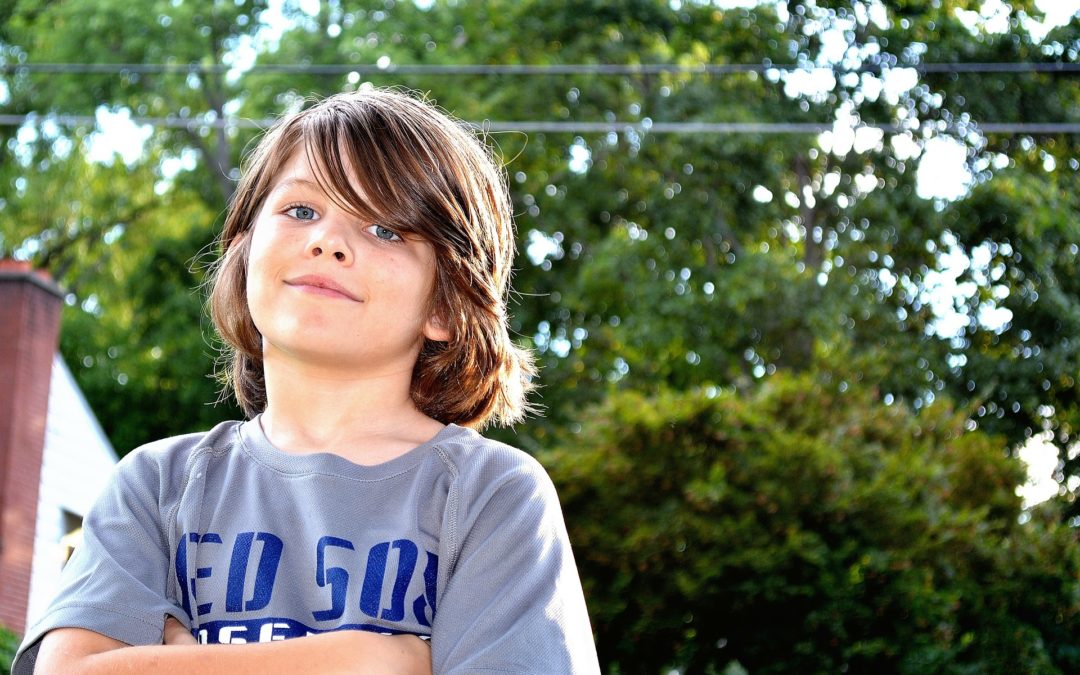Speech – Language experts really do change lives
Outcomes for children with trouble speaking and reading are not good.
Much of the research comes out of the US, but it is easy to see that similar trends exist in Canada. And its pretty sobering!
 What emerges are trends around reduced personal success, achievement, and well-being. From a quality of life standpoint, it is surprising how impactful trouble with reading can be. There are strong correlations between difficulty with reading and high school drop-out rates. THAT opens up a whole can of worms around unemployment, incarceration, addiction, and even suicide. All that sounds bad. And it can be very bad! Yet, over and over, the stories and research reveal that one of the worst outcomes of trouble reading is shame. It’s SHAME!
What emerges are trends around reduced personal success, achievement, and well-being. From a quality of life standpoint, it is surprising how impactful trouble with reading can be. There are strong correlations between difficulty with reading and high school drop-out rates. THAT opens up a whole can of worms around unemployment, incarceration, addiction, and even suicide. All that sounds bad. And it can be very bad! Yet, over and over, the stories and research reveal that one of the worst outcomes of trouble reading is shame. It’s SHAME!
When children take on shame at a young age, it sets up a psychological mindset or a “Story” that they carry with them – Life is hard, I’m not smart, I’m not good enough.
These messages erode self-esteem and detract from confidence. Unfortunately, it becomes pervasive, like a virus. Rather than being good at hockey, and having that success give their overall confidence a jolt, we see it go the other way: The story that becomes associated with the struggle of literacy begins to infect those other areas as well. The story morphs from “I’m not good at reading” to “I’m not good at anything”.
So where does this lead? Addiction, incarceration, unemployment, suicide, as discussed.
In the nearer future, what we often see are BEHAVIOURS. Students may become defiant, have outbursts, become disruptive or otherwise attract negative attention. I often see this as a DISTRACTION.
The behaviours garner attention – the behaviours must be addressed, and this puts the reading or writing work on the back burner. The child gets a payoff from this behaviour. It is a form of AVOIDANCE.
I see significant avoidance, withdrawal, and shutdown behaviours such as sliding out of their chair and under the table; needing to go to the bathroom or get a drink of water; or pretending to have a sore throat so they don’t have to read out loud.
However, over time, in order to keep getting that level of attention, the behaviours escalate. The child begins to get labeled. The messages of being a “bad kid” or a disruptive kid or having a “bad attitude” get internalized and rolled into the story – now we have a child that is walking around subconsciously telling themselves “I’m not smart” and “I’m bad”.
The challenge with literacy becomes a PROBLEM in the minds of these children, and the behaviours often emerge as a way for their young minds to cope and deal with it. Unfortunately, those behaviours often take our children down a certain path in school.
These kids have a very different experience of school than those that are “getting by”. These “problem children” spend more and more time in the hallway, the principal’s office, suspended, and ultimately end up dropping out of school. From there, they get “stuck” as a result of the way our society is set up.
There are fewer and fewer options for a high school drop out – especially for someone who has difficulty with language and communicating with others; or difficulty processing information that is read on a computer screen; or difficulty communicating through writing such as text and email.
Talk about getting backed into a corner … here we have adolescent or young adult brains (which are still maturing and can be very impulsive) making decisions and living their lives from a place of “I’m not smart” and “I’m bad”. Now their experience in society adds the story “I don’t belong” or “I don’t fit in” and “I’ll never amount to anything”.
These adolescents and young adults get trapped in a low-income job that they hate, or worse, have no job, and have very few options. Then one of two things happen: they get desperate, or they get apathetic. Either way, the outcome is not good.
The outcome is that they become a statistic – another failed student that became unemployed, depressed, addicted, incarcerated, or even committed suicide. But did the student FAIL at school, or did our school SYSTEM fail the student?
I wish I had video camera to record every time I heard someone respond to a child who was trying to read aloud by saying “no, look again. Look. Look at the letters. You aren’t paying attention”. That is CRUSHING!
- What is so important is not only WHAT is taught, but HOW it is learned.
- What is so important is not always WHAT is taught, but HOW it is presented.
- What makes all the difference is not HOW MUCH or HOW FAST a student learns, but how they feel about themselves as a learner.
The FOCUS need to shift from the content, the curriculum, the assessment data, or the report card to the EXPERIENCE the child has of learning.
I am feeling so jacked up right now. So energized and passionate as I am connecting with more and more families. I’m living in their experiences of worry, frustration, and … HOPE! I’m so excited about the experience we are able to create through our work with children.
We are providing not only the right content and instruction, but also creating this whole learning environment for our students – an environment that is fun, motivating, engaging, and interesting.
We have creative, unique and adaptive approaches with evolving strategies, techniques, and lesson plans. Our process is boundless, because it HAS to be, to match the constantly shifting learning environment that gets created with our kids. As they grow, we grow. When we get stuck, we shift.
With our students, we might focus on what we are learning, and suddenly it shifts and we are leaning about HOW we are learning. We discuss WHY we are learning! We discuss who we are AS learners, and as individuals, and as people who belong to a greater society. The life lessons are endless – it is completely unpredictable where our conversations and discoveries may take us. And that is why our work is so ORGANIC, so FLUID, so DYNAMIC, and so functional. It really is RESPONSIVE to the needs of each individual child, in each individual moment in time!
I state that the coaching, training, and skill development work we are doing with our students does not lead to CHANGE; no, it creates TRANSFORMATION.
This is not informational, declarative learning that leads to a student reciting “when two vowels go walking the first one does the talking” … or “i before e except after c” (and then still spelling “friend” wrong every time).
No, we have found a way to create a transformational process; it’s this whole EXPERIENCE where kids discover learning. They discover HOW they learn. They discover that they CAN learn. They discover that things make sense. They learn that adults can be patient, sympathetic, empathetic, and supportive. They learn that differences are unique, that challenges are growth opportunities.
They discover and grow into self-esteem and confidence. Their attitude toward learning, and themselves as learners, shifts. They take on a whole new confidence in the way they walk around and apply themselves in life, not just in school. Their whole energy shifts, because how they feel about themselves shifts.
What they believe is possible for their life shifts. And now that is magic! The same magic that Dr. Seuss knew when he wrote “The more you read, the more you know; the more you know, the more places you’ll go!” Roald Dahl also knew the magic that exists in literacy as he expressed “those who don’t believe in magic will never find it”.**
Learning Disability Child Support Calgary
Many young children lose touch with that magic or never even really tap into it. Truly, when children take on shame and live out those stories, “I’m bad, dumb, unworthy, and don’t belong” becomes a self-fulfilling prophecy.
And that is the magic that our education system is capable of providing; that is the magic that the bright-eyed first-year teacher emerging from university is in touch with; the magic that is possible when you can cut through the cumbersome administrative, organizational, and governmental cob-webs that settle like a damp fog around that magic.
When children are viewed, appreciated, and approached as special, unique and important beings, and when our instruction is directed at that individual rather than teaching to the masses, each individual light shines and an educator really gets in touch with their true unique potential. And THAT is why I am finding work so fulfilling right now.
** Excerpt from the quote “and above all, watch with glittering eyes the whole world around you because the greatest secrets are always hidden in the most unlikely places. Those who don’t believe in magic will never find it”
~Roald Dahl – The Minpins
Think your child may have a speech problem? Book your consultation now!

